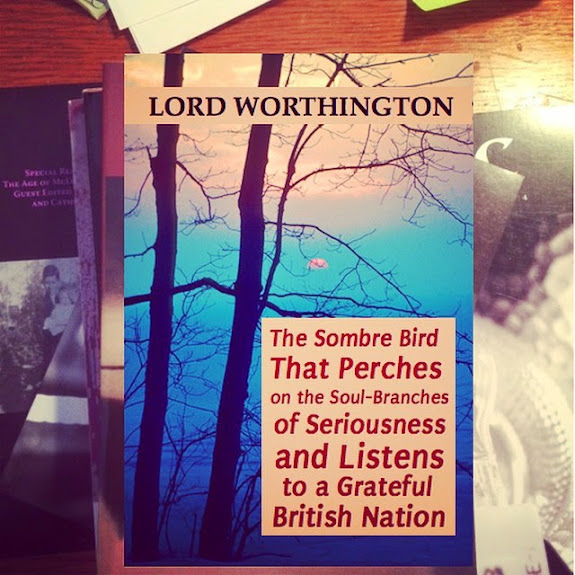A finalist for the 2013 Malahat Long Poem Prize, Chad Campbell’s poetry has appeared in
Maisonneuve,
The Puritan and
Arc, among other magazines. Originally from Toronto, he is a graduate of the Iowa Writers’ Workshop and lives and teaches in Iowa.
Laws & Locks, his first book, is due out from Signal Editions in April.
The following interview was conducted by e-mail.
Carmine Starnino: Tell me a little about your family and why you decided to tell the story about them.
Chad Campbell: We started out, eight generations ago, on Islay, one of the small Isles off the west coast of Scotland. There was a detour in North Carolina, but the family abandoned the farms there and settled—after being sung a pretty song about the opportunity of land north of Toronto—in Eldon, Ontario. I know all that because my grandfather, in his retirement, started the thirty years of research it took to trace our family back into the mists. I stand in his debt. This book wouldn’t exist without the foundation of research that he laid out.
The decision to tell the story, if it came at all, started with my time caring for my mother when she had her first serious manic bout. When things settled, I was left with questions. My life wasn’t free of mental illness, I’d struggled with and, at the time, continued to struggle with addiction. That and the illnesses, obsessions and thirsts that seemed to flourish in my family left me asking
what the fuck is happening.
So I started going back. Not looking for some grim root of madness in the family, but instead to try and get a sense of the shape of the mind that seems to have been passed down through the generations. And that’s what I found. Not a singular madness or anything of the sort, but a sort of potential that was more pronounced in some lives, and less in others. Though, at least within the confines of my family, the madness and addiction never appeared out of nowhere, but flourished in the presence of grief, loneliness, and isolation. The first of which is a part of life, the second two became more and more impacted in the family’s experience as they cut ties with farming and more communal living, and took up desks across the country.
But telling the story become important to me. There is so much silence, and fear, around issues of mental health and addiction. The idea that these are weaknesses, to my mind, is a part of what keeps these things unaddressed, tucked away, loathed.
CS: Robert Frost—"No surprise in the writer, no surprise in the reader." What surprised you most when writing the poems in
Laws & Locks?
CC: I think it would be just how much we share as a family. Some of this had to do with livelihood. A couple of generations after the farms were up and running in Ontario, people were able to exercise a bit more choice in terms of livelihood. The Campbells started teaching—school, university, church, tailoring—and I had absolutely no clue when I shakily taught my first course at the University of Iowa, that I would be the sixth generation to get up in front of a class.
But more even more than this it was the shape of the mind I was mentioning before—a nervousness about life, a reverence for books, ways of speaking in letters, mannerisms and illnesses of the mind that persisted across the generations. And of course, the sheer, almost baffling oddity of having gone for treatment at the same asylum that one of my family had gone to a hundred and seventy years before me.
In terms of the writing, I think it would be just how much the material demanded that I learn to modulate my voice and perspective from poem to poem. I felt absolutely thwarted at times, struggling with issues of witness and how, exactly, to approach and write towards some of these people. Whether I succeeded is another matter.
CS: Why all the love for the ampersand?
CC: I started using them when I was writing "February Towers," the poems that deal most directly with mania. Not in the first drafts, but once the poems started to settle into the textual blocks they’re written in now, I began to get a better sense of what the form was trying to get at—the sense of something fraught happening in a cramped space; mania in a small house. As the drafts progressed I started looking for ways to turn up the volume on what the form was driving after. Ampersands can quicken lines & oddify things somewhat—that’s the way I see them working in "February Towers": quickenings, traces & tracers in service of the dislocation the poems were born from.
After that sequence I backed away from them and used ampersands only when the poem or poems seemed to do better with them. In the case of the more historical poems that start the book off, I liked the way they call attention to themselves, how they alter the norm a little. For poems that draw as heavily on other people as those do, a bit of otherness, even from ampersands, felt right.














